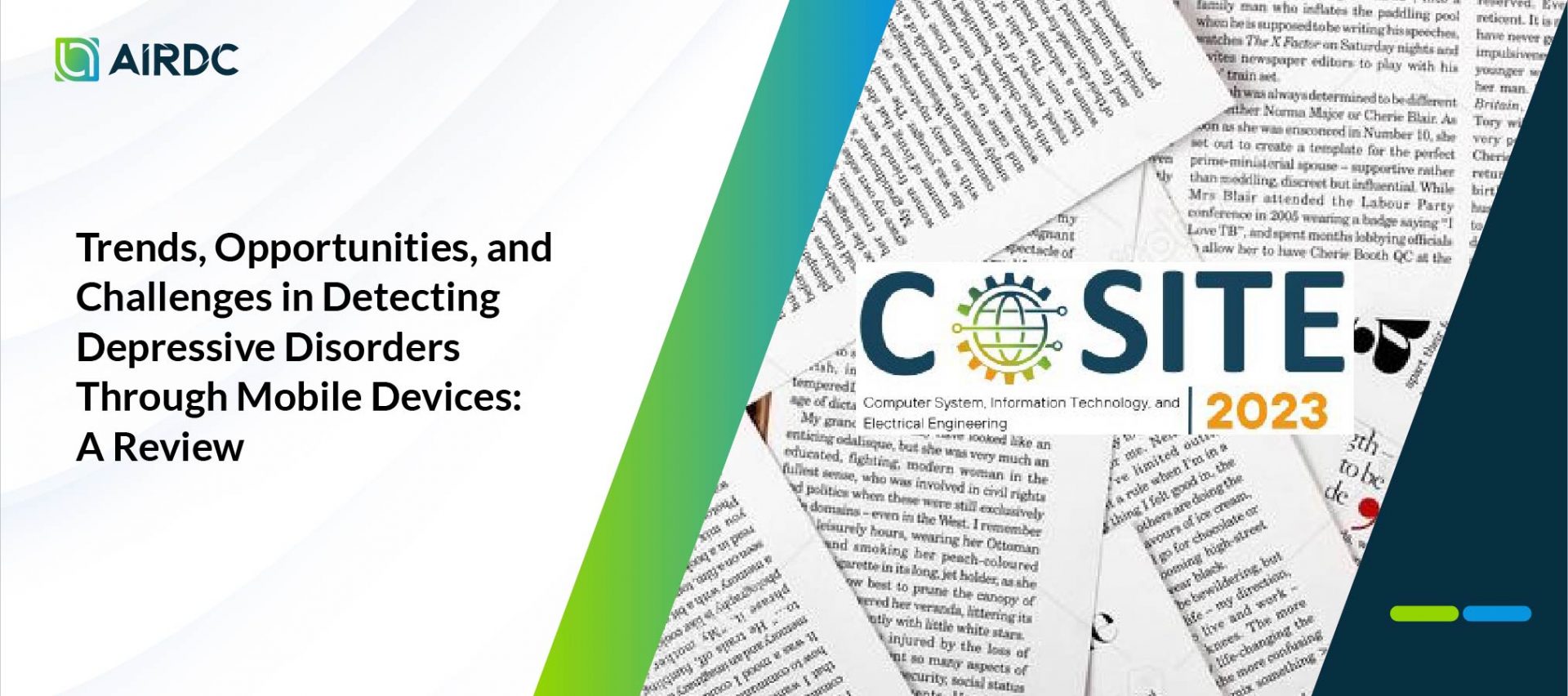Trends, Opportunities, and Challenges in Detecting Depressive Disorders Through Mobile Devices: A Review

Depressive Disorders (DD) is one of the most prevalent mental disorders in the world that may lead to suicide cases. To prevent the latter, ubiquitous early detection systems may be effective. Recent studies have since researched the development of such systems by exploiting several forms of data, including video, audio, Ecological Momentary Assessments (EMA), and passive sensing data using sensors embedded in mobile devices. To summarize the trends, opportunities, and existing challenges in this field, this study reviewed 15 papers to answer four research questions. EMA was the most popular data to be used in this task, but other approaches, such as using video, audio, and typing behaviors, may be considered due to the subjectivity of EMA. These data were typically recorded using smartphones and analyzed using Machine Learning (ML). However, most of the developed systems had yet to be implemented. Overall, it was concluded that further studies may need to explore usages of more objective data in multimodal approaches as well as consider using Mobile Cloud Computing (MCC) to deploy these systems to provide more effective and efficient diagnoses. Future studies must also take into account the existing challenges of the data and infrastructures, such as the weaknesses of several data types, limitations of mobile devices, as well as the challenges of diagnosis approaches.
Cosite
Gregorius Natanael Elwirehardja, Mahmud Isnan, Anzaludin S. Perbangsa, Kahlil Muchtar, Bens Pardamean

